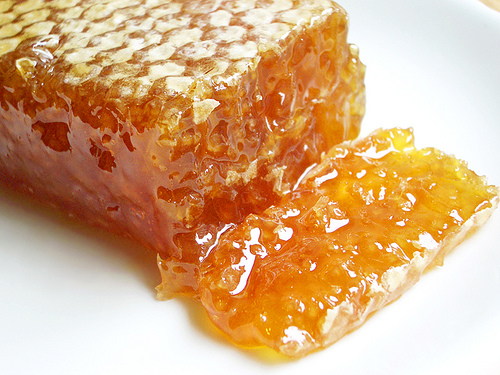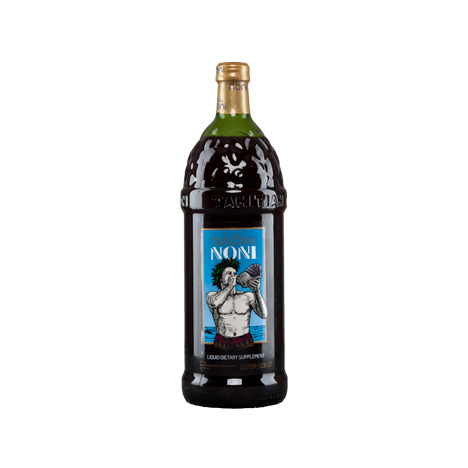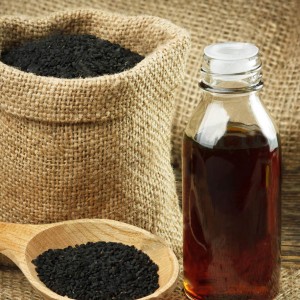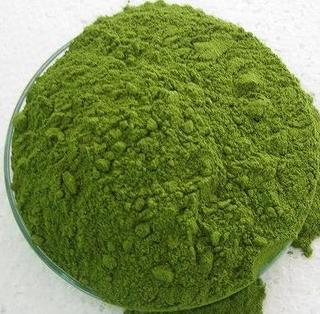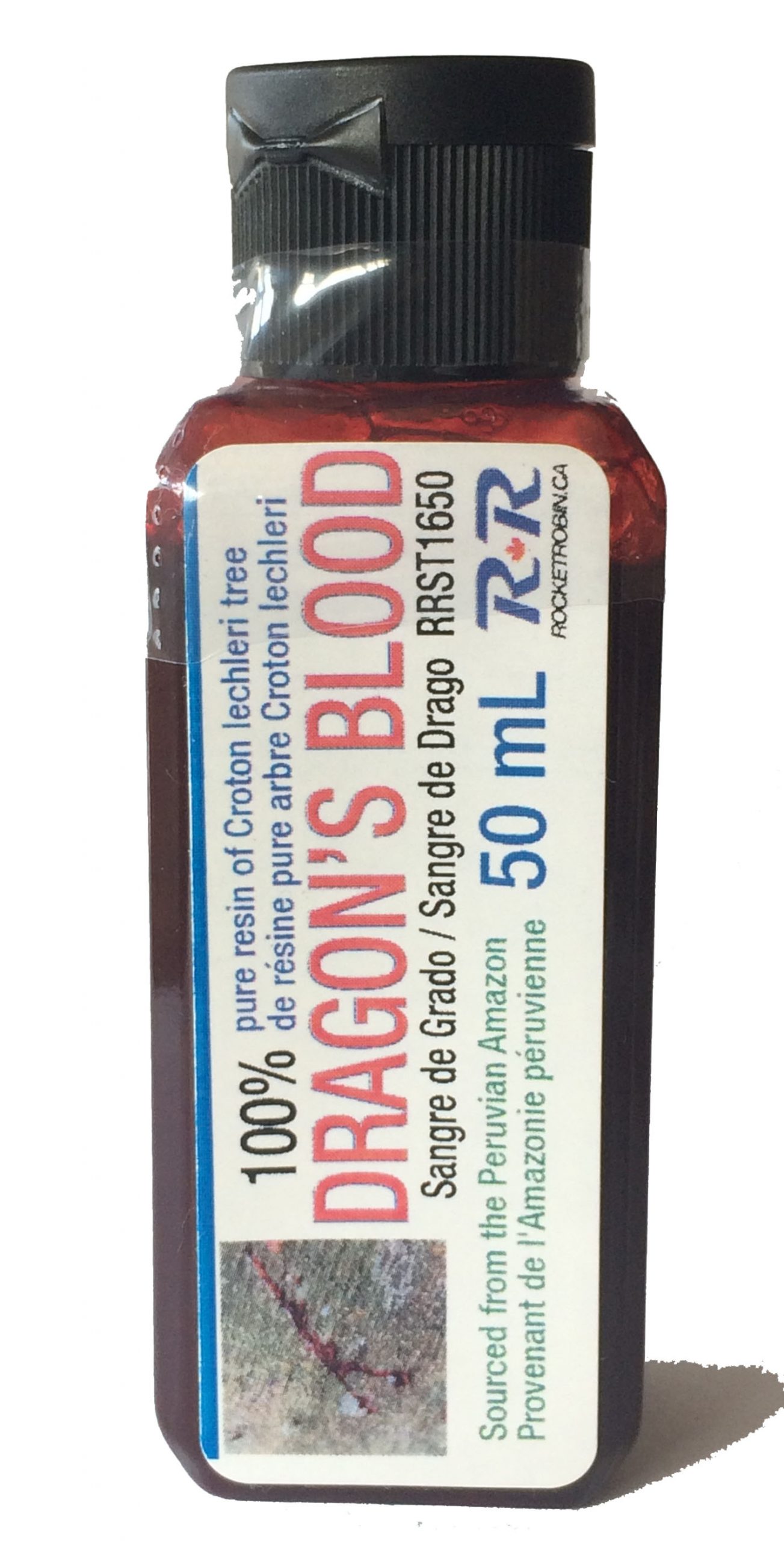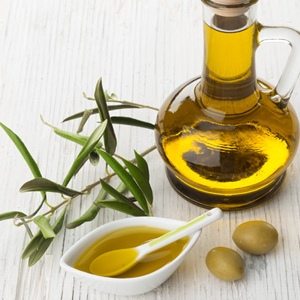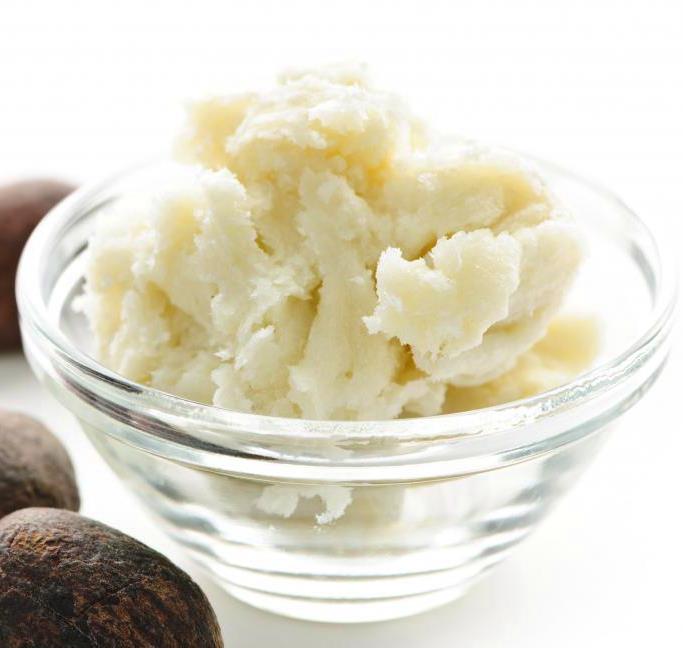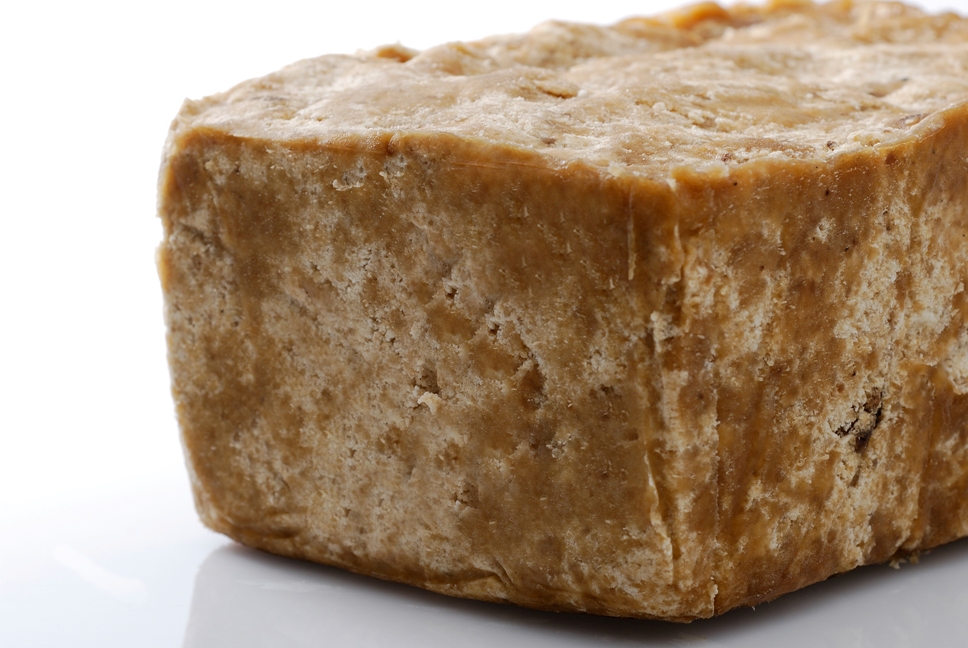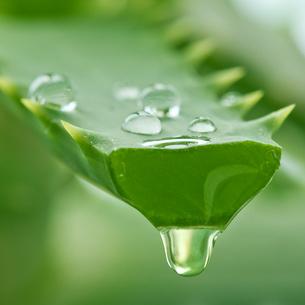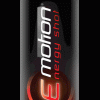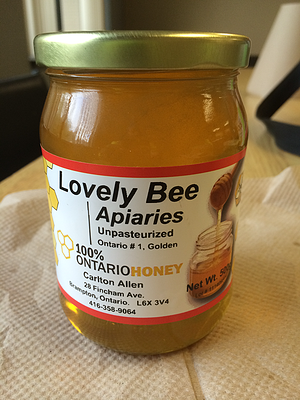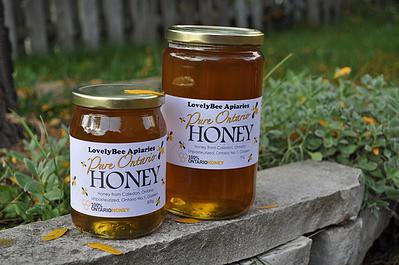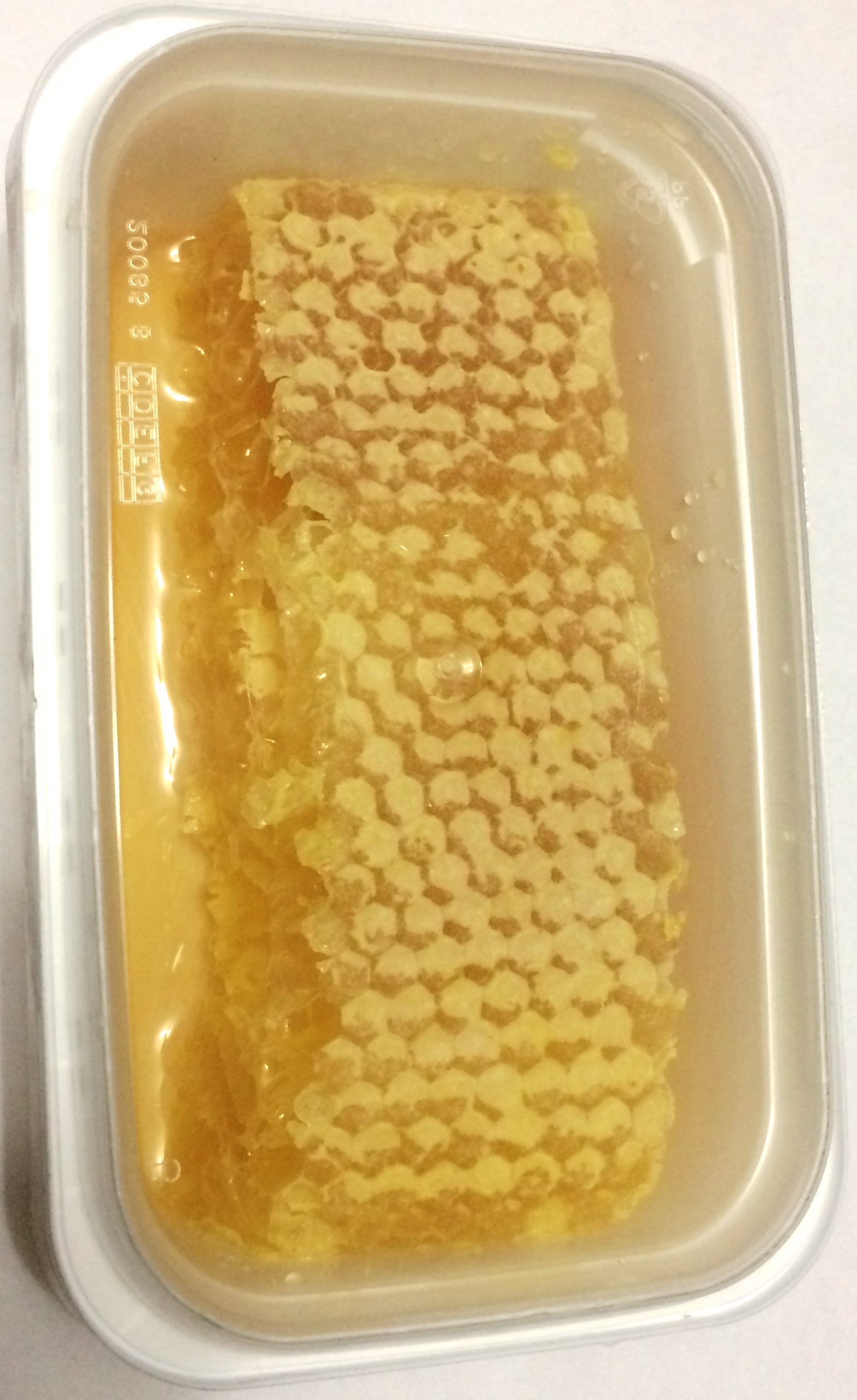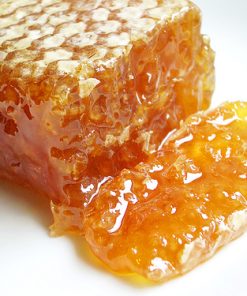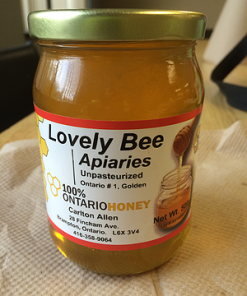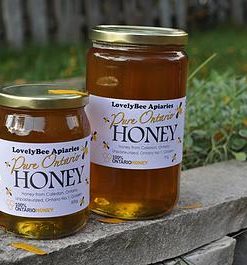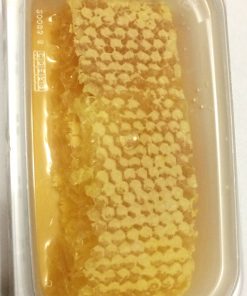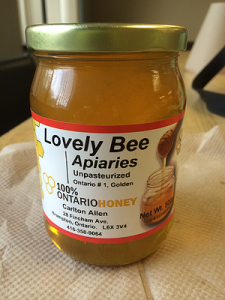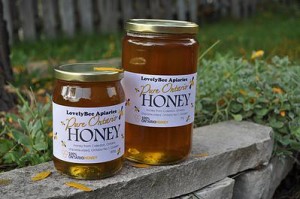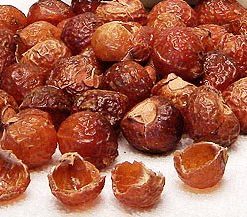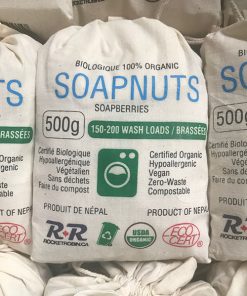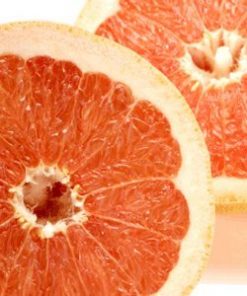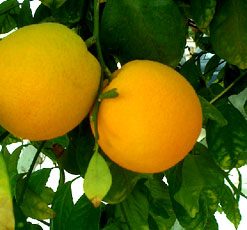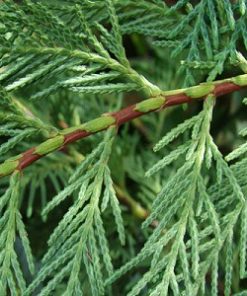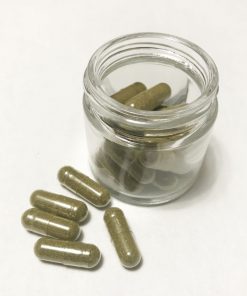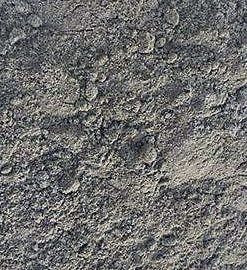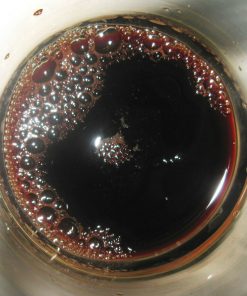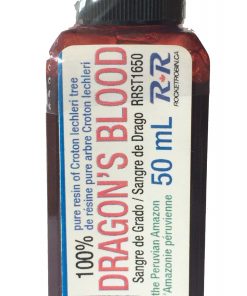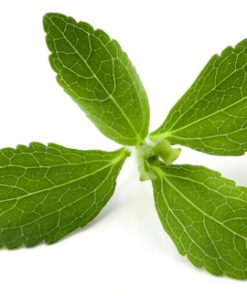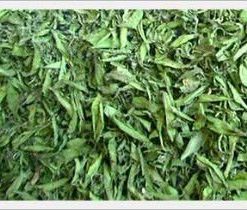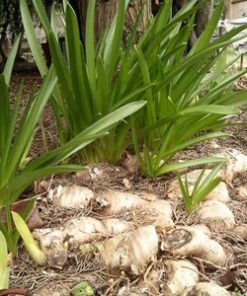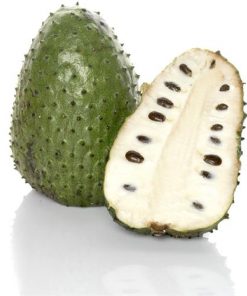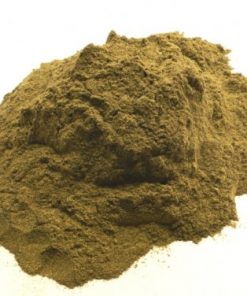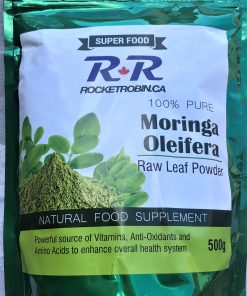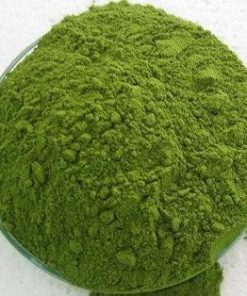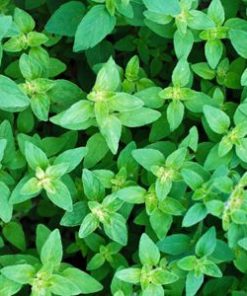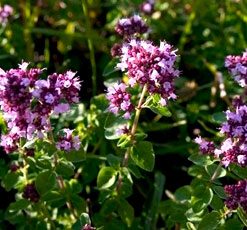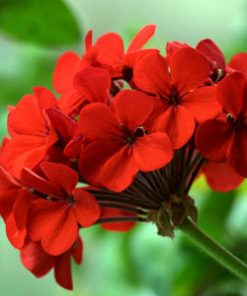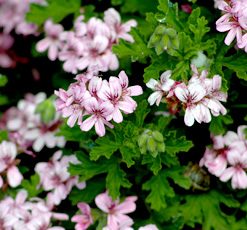Description
Wildflower Honey Unpasteurized
Wildflower Honey is 100% Ontario Raw All Natural and Unpasteurized, obtained directly from an Apiary in Caledon, Ontario. Beekeeper is Carlton Allen of lovelybee.ca. Raw honey contains 22 amino acids, 27 minerals, a spectrum of vitamins, over 5000 enzymes, and substances still not discovered yet!
Does Honey Need to be Pasteurized?
Honey is pasteurized to help it last longer. Pasteurization does not make honey safer to eat. However, it is recommended that children under one year of age avoid honey whether it is pasteurized or not. This is because of the possible risk of infant botulism. Pregnant women who are healthy do not need to avoid honey.
Honey is more flavourful when it is left natural and unprocessed. We do not pasteurize our honey, since bacteria cannot live in it. There are many mass commercial variations of honey that have no traces of pollen and lack beneficial vitamins and enzymes among a host of other natural constituents which are removed due to pasteurization and processing. Most golden honey you see at your local grocery store is dead and far from the health promoting powerhouse of its raw unpasteurized counterpart. Processed honey is not honey at all and if you desire any kind of health benefits, you must stick to the real stuff.
Wildflower Honey is Natural Raw Pure Magic
Honey is naturally anti-fungal, anti-bacterial and anti-viral and that is one of the reasons doctors and hospitals use it to treat burn victims. High heat required to destroy sugar-tolerant yeasts which cause granulation also kills the natural enzymes and vitamins. Unpasteurized honey will, therefore, often granulate.This is a natural process and does not affect the quality of the honey, on the contrary, it is a sure sign that the honey is pure.
Honey should be kept at room temperature not above 32 degrees Celsius and if it eventually crystalizes, and you wish to re-liquify it, put the container [without the lid] in a saucepan of hot water and simmer for a few minutes on the stove. Do not allow the honey to boil since it will darken and spoil the flavour.
Wildflower Honey is Biodiversity on a spoon
Wildflower honey is derived from the blooming meadow flowers such as dandelion, shepherd’s purse, thyme, white and red clover, mouse peas, meadow thistle, wild mallow, St. John’s wort, cow parsnip, cornflower, sage, chicory, motherwort, and many other nectar producing plants. Bees reduce the moisture content of the hive cell before they are sealed by flapping their little wings in unison for a patiently long time! One female worker honeybee will produce less than a teaspoon of honey over her lifetime.
Health Benefits of Raw Honey
- Friendly bacteria — Different varietals of honey possess a large amount of friendly bacteria (6 species of lactobacilli and 4 species of bifidobacteria), which may explain many of the “mysterious therapeutic properties of honey.”
- Blood sugar control — Honey may promote better blood sugar control. Proper fueling of the liver is central to optimal glucose metabolism during sleep and exercise. Honey is the ideal liver fuel because it contains a nearly 1:1 ratio of fructose to glucose. Fructose “unlocks” the enzyme from the liver cell’s nucleus that is necessary for the incorporation of glucose into glycogen (the form in which sugar is stored in the liver and muscle cells). An adequate glycogen store in the liver is essential to supply the brain with fuel when we are sleeping and during prolonged exercise. When glycogen stores are insufficient, the brain triggers the release of stress hormones — adrenalin and cortisol — in order to convert muscle protein into glucose. Repeated metabolic stress from cortisol produced when less than optimal liver glycogen stores are available during sleep, leads over time, to impaired glucose metabolism, insulin resistance, diabetes, and increased risk for cardiovascular disease and obesity.
- Weight management — In a year-long animal study comparing the effects of sucrose, honey and a low glycemic index (GI) sugar-free diet, rats on the honey-based diet showed: reduced weight gain and percentage of body fat, decreased anxiety, better spatial recognition memory, improved HDL cholesterol (15-20% higher than rats fed sugar or sucrose diets), improved blood sugar levels (HA1c), and reduced oxidative damage.
- Cough suppressant — Honey has been shown to be a more effective cough suppressant for children ages 2-18 than dextromethorphan.
- Boosts immunity — Honey boosts immunity. Research conducted in several hospitals in Israel found honey effective in decreasing the incidence of acute febrile neutropenia (when high fever reduces white blood cell count) in 64% of patients. Honey also reduced the need for Colony Stimulating Factor (a compound produced in the cells lining the blood vessels that stimulate bone marrow to produce more white blood cells) in 60% of patients with acute febrile neutropenia; increased neutrophil count (another type of white blood cell), decreased thrombocytopenia (low platelet count), and stabilized hemoglobin levels at >11 gm/dl (a bit low but way better than full blown anemic).
- Wound healing — Several mechanisms have been proposed for the wound healing benefits that are observed when raw honey is applied topically. Because honey is composed mainly of glucose and fructose, two sugars that strongly attract water, honey absorbs water in the wound, drying it out so that the growth of bacteria and fungi is inhibited (these microorganisms thrive in a moist environment). Secondly, raw honey contains an enzyme called glucose oxidase that, when combined with water, produces hydrogen peroxide, a mild antiseptic. Previous studies have shown that Manuka honey decreases the surface pH of wounds (so germs can’t survive) and can help keep bacteria out. While all honey does contain anti-bacterial properties, commercial honey is usually pasteurized and processed, which decreases its beneficial properties. Manuka honey is special because it produces a different substance called methylglyoxal, which has unique antibacterial activity.
- Anti-bacterial — One antioxidant absent in pasteurized honey is pinocembrin, which is unique to honey and is currently being studied for its antibacterial properties. One laboratory study of unpasteurized honey samples indicated the majority had antibacterial action against Staphylococcus aureus, a common bacteria found readily in our environment that can cause infections, especially in open wounds. Other reports indicate honey is effective at inhibiting Escherichia coli and Candida albicans. Darker honeys, specifically honey from buckwheat flowers, sage and tupelo, contain a greater amount of antioxidants than other honeys, and raw, unprocessed honey contains the widest variety of health-supportive substances.
Available in 1 kg and 500 g jars, and now as comb honey!
TRUST ROCKET ROBIN
Rocket Robin is proud to be your supplier of truly natural products with simple ingredients in support of your family’s health and well-being.
Additional information
| Weight | N/A |
|---|---|
| Dimensions | N/A |
| Honey Variety | 500 G, 1 KG, COMB HONEY 8 OZ |

